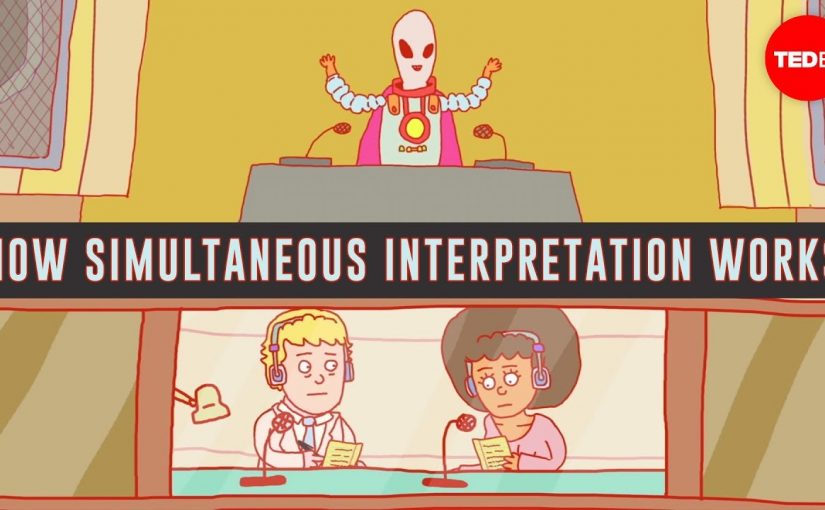Three major sources of medical care are available for disabled people: Medicare, Medicaid, or the medical industry. These three major sources of medical care are vital for disabled people, but they may not always be the best places to receive qualified care. It is important to understand the differences between each provider in terms of reimbursement, financing, and medical care. Then, you can decide whether each is a good fit for your needs.

Medicare and Medicaid – Ensuring medical care for disabled persons
Medicare is designed to provide seniors with the medical care they require as they age. While the plan covers many of the most common conditions, it does not provide comprehensive coverage. Part A, B and C of Medicare supplement Medicare coverage and provide benefits to the elderly. Many seniors are prevented from receiving the medical care they need due to Medicare eligibility requirements. These requirements are determined by their income and the ages of the applicants.
Medicare and Medicaid – Ensuring medical care for disabled persons
Medicaid is a federal-state joint program that provides medical care for the elderly and disabled in a variety ways. Medicaid is jointly funded by federal and state governments and is largely based on ability-to-pay. Each state has its own definition of who is eligible for disability support melbourne. It’s worth speaking with representatives from each agency to learn more about eligibility and coverage. Medicaid is a great resource, but it doesn’t cover all medical care for the handicapped. It also limits the number and type of medical care that a disabled person can receive.
Medicare and Medicaid – Ensuring medical care for disabled persons
The final source of medical care for the disabled is the medical field. There are many hospitals, clinics, doctors, and specialists that provide specialized services for the aged. Doctors, nurses, psychiatrists and psychotherapists are all specialists. Some services include adult day and adult care, assisted living communities, and home health. All of these options allow for more freedom for the elderly and enable them to remain in their own homes, reducing the amount of time they have to go to a nursing home.
Medicare and Medicaid – Ensuring medical care for disabled persons
There are many options for those who are in financial need but cannot afford traditional Medicare coverage. The Disabled Veterans Administration provides assistance to the medically disabled in private facilities managed by the Department of independent disability services Affairs. The State Department of Social Services (SDOS) also offers several programs for the elderly, including veteran centers for Medicare and Medicaid services. Senior Centers for Medicare Services and Medicaid Services (SCMS), along with nursing homes participating in the Medicare Supplement, also provide medical treatment for the disabled. A large portion of the United States’ elderly population lives in nursing homes.
Medical care is important for the health and happiness of disabled individuals. Unfortunately, many disabled people do not have access when they need it. Finding a way to assure that your loved one has the medical care he or she needs can be one of the wisest decisions you can make for their well-being. The cost of medical care can be prohibitive so it is important to ensure your loved one receives the care they need. If you are considering extending insurance coverage for a disabled individual in your life, be sure to explore all of your options before choosing which plan will best meet your disabled person’s medical needs.
